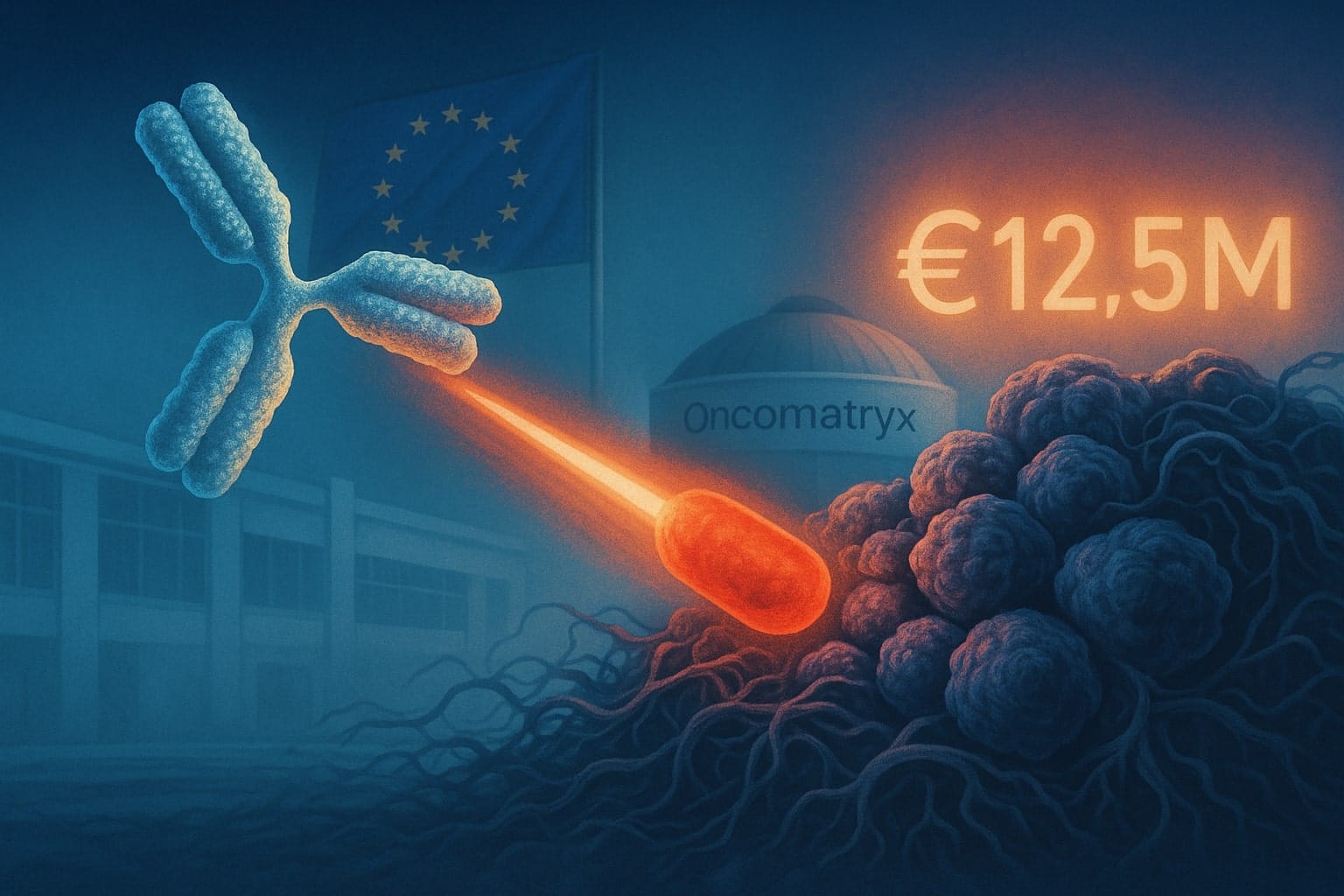A recent study conducted by Mount Sinai in collaboration with The Rockefeller University has brought new insights into the mechanisms of drug addiction, significantly advancing our understanding of how substances like cocaine and morphine hijack the brain’s natural reward systems. This research, detailed in a publication in Science, represents a significant breakthrough in addiction neuroscience.
Table of Contents
ToggleKey Discoveries and Methodologies
Led by Eric J. Nestler, MD, PhD, and Jeffrey M. Friedman, MD, PhD, the study unveils that both psychostimulants and opioids target and alter the same brain cells responsible for processing natural rewards such as food and water. This overlap explains why these drugs can profoundly disrupt normal brain functions, leading to the compulsive drug-seeking behavior typical of addiction.

Researchers utilized a multi-disciplinary approach, integrating behavioral, circuit, cellular, and molecular neuroscience to trace how individual neurons in the nucleus accumbens respond to drugs and natural rewards. They found that certain neurons initially respond more strongly to drugs than to natural rewards, a response that intensifies with repeated drug exposure.
Mechanistic Insights and Therapeutic Potentials
The study highlighted the mTORC1 signaling pathway and its activator gene, Rheb, as pivotal in mediating the effects of addictive drugs on the brain. By identifying these components, the researchers have opened up potential pathways for developing new treatments for addiction, which currently has limited effective options.
Ongoing Research and Future Directions
Mount Sinai’s team is committed to further investigating the cellular and molecular pathways involved in addiction. They also plan to explore how multimodal information is integrated into neurons in the brain, affecting decision-making and reward processing. This ongoing research will continue to contribute to the broader scientific community engaged in combating substance use disorders.
Community and Global Impact
The findings from this study not only pave the way for future therapeutic interventions but also enrich our understanding of the fundamental workings of addiction. This research underscores the importance of interdisciplinary collaboration in tackling complex health challenges and advancing medical science.
For more details on this pivotal research, refer to the full article on Mount Sinai’s newsroom.












